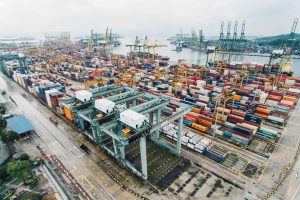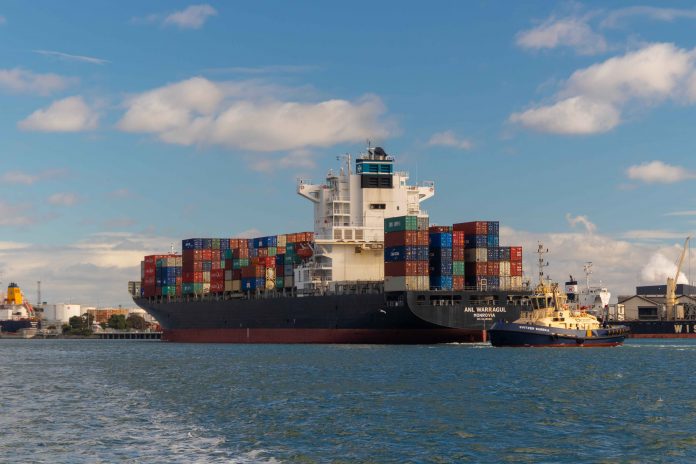If you have a business, one of the most important elements is Logistics Management. This is where you determine how you are going to get your products from point A to point B. It also involves the flow of resources in and out of your business.
Logistics Management in Supply Chain refers to the entire process of managing the way that goods are acquired, stored, transported, and received to their ultimate destination. The ultimate destination could be a store, manufacturing facility, or distribution center. Logistics is part of the supply chain and very important to overall organizational performance. This is because production is affected by supply chain issues, which will affect the way that goods are received and used. In addition, it can also affect demand.
Managing Logistics
Managing logistics takes place in several key areas that include planning, organizing, staffing, delivering, and collecting. Each of these areas has a significant impact on the company’s ability to deliver the goods to customers in a timely fashion. This is why companies need to utilize logistic software that will allow them to monitor the progress of the supply chain at any time and from anywhere.


Planning
Planning is a key function of logistics management. It deals with the entire supply chain including the planning of how logistics are going to handle the transportation of goods to their point of origin. This includes everything from when a truck will leave the factory to when it will pick up its load. Other elements of logistics management include coordinating travel times between different locations, determining peak traffic periods, analyzing peak traffic periods based on historical data, analyzing fuel surcharges, establishing and monitoring a company’s carbon footprint, evaluating and monitoring customer satisfaction, and planning how to improve the security of goods that are being transported.
Organizing Transportation
Organizing transportation means that a logistics manager plans how the product will be delivered. This includes the scheduling of trucks, trains, airplanes, or even automobiles. Depending upon what services or goods a certain product provides, there may also be a need for logistics managers to organize the delivery of the product through various modes. These include non-emergency, emergency, or scheduled transport.


Staff
Managing staff is yet another crucial part of logistics management. Without qualified logistics managers, logistics companies are unable to meet their own goals. The manager of a logistical department needs to make sure that there is enough staff to adequately handle the activities of the department. They also need to guarantee that enough staff is on hand to ensure that the logistics vehicles are not backed up and that there are enough manpower and vehicles available to make all of the delivery attempts. In addition, logistics managers ensure that there are enough personnel and resources available at the final destination to properly unload the product and collect payment.
Proper Logistics Management
Proper logistics management is important to both the customer satisfaction of the business as well as the actual supply chain. Supply chain management refers to the entire process by which goods are received, processed, produced, marketed, and shipped to their designated destination in a timely and cost-efficient manner. If a business has a properly planned supply chain, the goods produced can be of higher quality, and the end-user will be satisfied with the products that they receive. Furthermore, the supply chain becomes more efficient, lowering the costs of production. When logistics management is practiced on a proper basis, both customer satisfaction and the costs of operation can improve. Some businesses that experience a reduction in costs after implementing improved supply chain practices experience an increase in customer satisfaction, as well as an increase in profits.
Finally, there are many benefits to having the right time and the right material handling strategies. By having the right time, a business can ensure that its resources are ready when it needs them. Likewise, a company can optimize its material handling strategies to ensure that its goods arrive at their destinations on time. By having the right materials handling strategies and the right time, logistics management can become an important element of any organization’s success.





